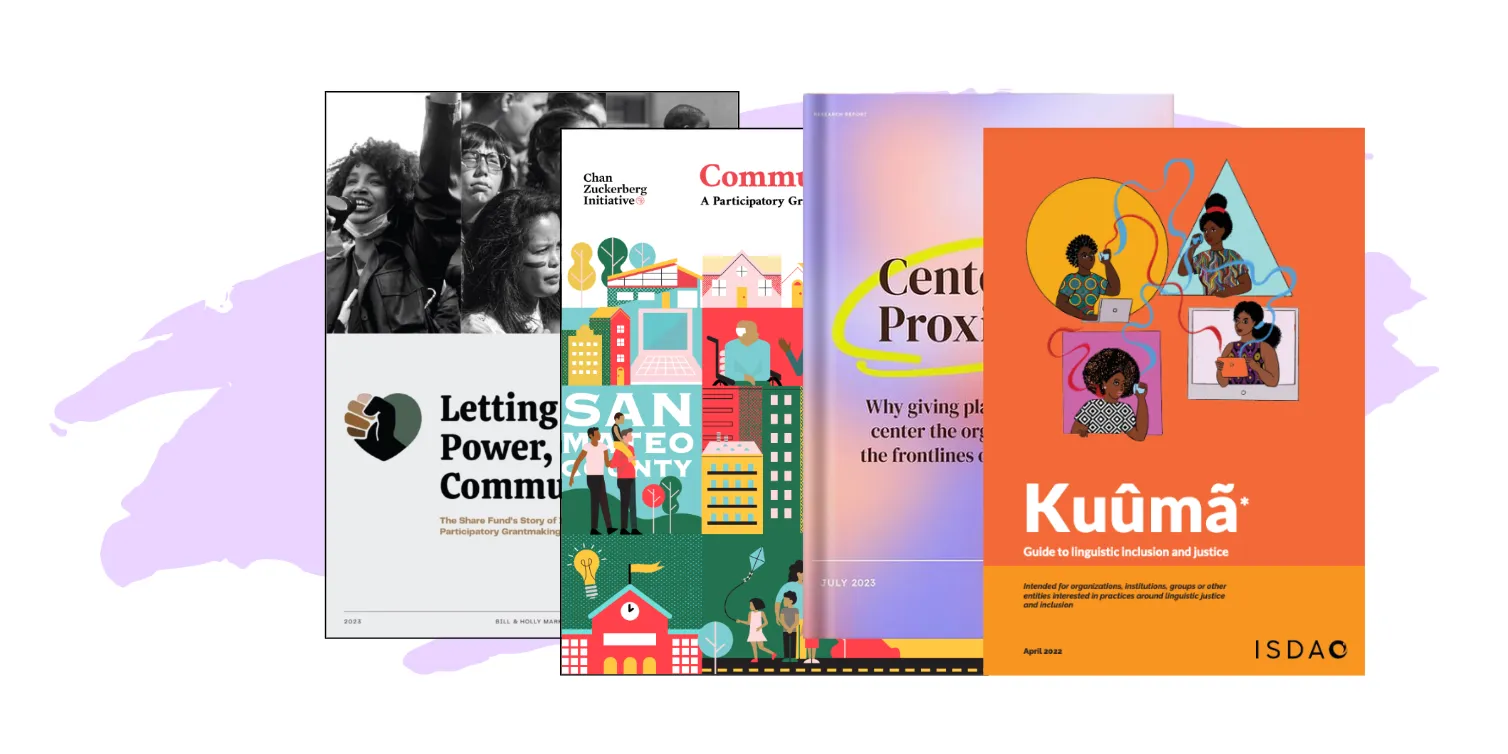TBILISI, GEORGIA – “We are here tonight because funders have discovered this region – but only one part of it.”
Angelika Arutyunova is standing on a table, leaning against a standing speaker, addressing a crowd of 70 people in the grungy Tbilisi nightclub Left Bank.
The walls of the club are plastered with Pride colors and political graffiti; the venue is known as a popular scene for raves, but also as a hub for political activists, including those protesting the proposed “foreign agent law” that would, in the coming weeks, severely curtail the activity of civil society and grassroots organizers in a country that borders Russia.
But tonight, the crowd is made up of grantmakers – specifically, American and European foundation representatives in town for Human Rights Funders Network’s global conference, taking place down the street.
They are here at Left Bank for the launch of the Dalan Fund, a new, participatory grantmaking fund gearing up to channel unprecedented resources into human rights organizers in Georgia, Ukraine and other countries in Central and Eastern Europe, the Caucasus, and Central and North Asia – what’s known as the CEECCNA regions.
Angelika is a longtime feminist activist, originally from Armenia. She’s an architect of several creative vehicles to support human rights organizing around the world, and one of the founders of the Dalan Fund. Her emotional speech at the nightclub, alongside Dalan co-founder Nino Ugrekhelidze, felt years in the making.
“I've spent 22 years of my career trying to convince funders to come to this region,” Angelika explains. "It was painful to see overnight when funders called us to transfer money to Ukraine, but only to Ukraine. We want everyone to understand that this crisis impacts every single country in this region."
The mission of the Dalan Fund is to bring more resources to the CEECCNA regions, but also to shift decisions about those resources to proximate leaders – specifically, three sub-regional advisory boards made up of local organizers. It’s a demonstration of, and demand for, a new approach: local activists, not foreign dollars, should shape the direction of local movements.
Will funders listen? One thing is for certain: they don’t have much time to get it right.
The Trust Gap
“Our region is on fire.”
Nick Antipov is an LGBTQI+ rights organizer from Belarus. He is living in exile in Tbilisi after fleeing his home country to avoid persecution. He sits on a folding chair at a small cafe in downtown Tbilisi, alongside seven other activists from across the CEECCNA regions.
Praktika People’s Cafe is a socialist workers’ cafe, down the street from Tbilisi State University. It’s hard to find on purpose; there is no sign, just a menu with prices for coffee and cigarettes bolted to a door next to a set of stairs.
On the first morning of the HRFN conference, about 30 philanthropy leaders crammed into the cafe to listen to Antipov and the other activists tell their stories. The speakers share where they are from: Georgia, Ukraine and Russia; Azerbaijan, Armenia, Kyrgyzstan, Romania, and Karachay-Cherkassia. Most now live in exile in Tbilisi as political refugees; several opted out of being photographed for security reasons.
.webp)
The event was organized by the Dalan Fund to give funders insight into the state of activism in the CEECCNA regions. The message: the past two years have led to crisis upon crisis, not only Ukraine, but throughout Central and Eastern Europe, the Caucasus, and Central and North Asia. Armed conflict and war has only been part of it; these countries have also seen rapidly rising authoritarian regimes.
The activists in the room were fighting against a wide range of anti-rights and anti-democracy political movements. When Western leaders talk about the countries surrounding Ukraine as key pillars for upholding the democratic order, they are talking about the work being done by the people in this room. But for the Western foundation staff who were listening, the other message coming through was a warning: the traditional model of funding wasn’t working.
Just before the conference began, HRFN released a major report called The Trust Gap. HRFN is known for providing the definitive annual data on flows of human rights funding around the world. Their report explored the “troubling” lack of direct, flexible funding for locally led, grassroots organizations outside the Global North.
The data for Eastern Europe and Central Asia (the closest proxy to CEECCNA) is particularly damning. In 2019, donors spent $4.1 billion to support human rights around the world – but only $89 million (2%) was allocated to Eastern Europe and Central Asia.
“For the Western foundation staff who were listening, the message is a warning: the traditional model of funding wasn’t working.”
Zooming in further, you start to see the frustration of the activists at Praktika People’s Cafe. Over a quarter of that $89 million flowed to NGOs located outside the CEECCNA regions (a good chunk went to nonprofits based in Western Europe). And, just 10% of the grant dollars that did trickle down to locally-led organizations fit the bill of “flexible funding”, or funding that gives grantees autonomy to decide how to use those dollars.
Rachel Thomas is Director of Research Initiatives at HRFN. She says that the Trust Gap research showed some particularly surprising data about the CEECCNA regions.
“Our research suggests that groups in CEECCNA have less access to flexible funding than groups in other parts of the world,” she says. Part of the reason is that most of the funding for the regions comes from Western Europe. “Grants from Western European funders tend to be more restricted.” This lack of direct, flexible funding means that “critical resources aren’t reaching the local organizations and movements that need them.”
The birth of the Dalan Fund
“There’s a saying in Georgia: the best organizing and the best political analysis happens in line for the bathroom at clubs.”
Nino Ugrekhelidze knows something about organizing; she has been a human rights activist and grantmaker since she was a teenager. Nino started working at her first feminist fund more than a decade ago, when she was 19 and still studying sociology at Tbilisi State University. She has been organizing in Georgia and Eastern Europe since then.
In February 2022, Nino was working with the Association of Women in International Development when Russian troops massed at the Ukraine border and “changed everything”.
“The morning of the full-scale invasion, when I saw it on the news, the first thing I did was get on my computer and create an Excel file of 25 feminist and queer organizations working in Ukraine and the region,” Nino recalls. “It was a moment when funders were looking for Ukraine on a map. This part of the world became sexy all of a sudden, but funders were just starting to explore the local landscape of politics and organizing."
But as the war dragged on, it became clear that funder education was not happening quickly enough. “After five months, I reached out to Angelika and said, ‘OK we can do this one by one, or we can identify gaps. Now we have evidence to show there is a regional gap.’”
Over the fall and winter of 2022, as Russia starved neighboring countries of power and heat, Nino and Angelika tapped their network of grassroots activists and funders to pitch the idea of a new, locally led grantmaking vehicle for the three CEECCNA regions.

By the grassroots, for the grassroots
The Dalan Fund could be called an intermediary, designed to bridge the gap between funders and grassroots leaders. It could also be called a collaborative fund, a participatory grantmaking fund, or certainly a trust-based grantmaker.
At heart, the fund’s purpose is to bring more resources to CEECCNA regions, to get decisions about resources closer to activists and organizers on the ground. It’s an attempt to close that inevitable gap between funders and the grassroots; to foster the kind of conversation that happens at a nightclub or a cafe, where stakeholders can be more honest about their values, goals, and capacities.
The fund is structured around three sub-regional advisory boards made up of local organizers – one for Central and Eastern Europe, one for the Caucasus, and one for Central and North Asia. In certain cases, the organizers are members of the diaspora who now live elsewhere as migrants or political refugees. Each board is charged with making decisions about priorities and the direction of funding in their regions.
Nino and Angelika made it clear that Dalan was designed by and with movement leaders. “The inspiration comes from the movements themselves, not from philanthropy,” says Angelika. While it has taken cues from participatory funds like the Central American Women’s Fund, Global Greengrants Fund and Global Fund for Children, the starting point was listening to what grassroots leaders wanted.
“If we want to put any departing point from philanthropy it’s that there has been one particular culture that is imposed on all of us – in how we talk, in how we make decisions, in how fast meetings move,” Nino says. “We really wanted to be careful that… we don't tell people across three different regions that there is only one particular way of operating.”

That approach caught the eye of early funders, including Claudia Bollwinkel, Senior Program Advisor at the Dreilinden Foundation. Bollwinkel is a long-time advocate for trust-based philanthropy and co-author of the book Giving With Trust. She explains that her foundation decided to fund Dalan’s work even though they typically focus only on LGBTQI organizing.
“The reason we moved beyond our comfort zone is that we are looking for meaningful ways to fund intersectionality,” she said. “And, we feel that their approach in building this fund intersectionally from the start – avoiding silos and acknowledging the complexity of social movements – is very unique. I have personally never seen a fund consult so closely with movements before setting up structures as Dalan has.”
Nino and Angelika are quick to point out that their work complements that of long-time local human rights funders in the regions, like the Women's Fund in Georgia, the Women's Fund in Armenia, the FemFund in Poland and the Ukrainian Women's Fund. They have worked arm-in-arm with those organizations to develop the Dalan Fund.
Dalan can also serve as a stopgap, especially as repressive laws against foreign donations continue to rise.
“Because we are not fiscally registered in the regions, we can be an alternative infrastructure when these other national grantmakers cannot operate, even if just temporarily,” Nino says. “It was a strategic decision.”
Complexifying the storyline
Back at Left Bank, Nino shares the latest developments from the Dalan Fund to the packed nightclub audience.
The fund’s participatory advisory board held its first meeting in Bishkek, Kyrgyzstan a few months earlier. Since then, they have been gearing up for the first open call for proposals; initial grants would go out in the coming weeks.
“As of an hour ago the website is functional,” Nino says to cheers from the crowd.
For the foundation folks in the room, it’s a unique moment. Many of the funders who flew into Georgia have never been to the CEECCNA regions, or worked closely with people here. There is an appreciation for the stakes at hand, developing in the room in real time. And there’s a real sense that, if Georgia’s “foreign agent” law passes, we might not be able to come back to this nightclub or this city in a few months’ time.

For Dr. Kellea Miller, Executive Director of Human Rights Funders Network, that was part of the point. In its first 25 years, HRFN held its biannual conferences in New York City and San Francisco; this was only the third time they gathered out of the United States. But Tbilisi was a natural fit, given the urgent stakes for human rights in the regions.
In the weeks leading up to the conference, the Georgia Dream party announced its intent to revive the “Agents of Foreign Influence” law, effectively labeling any organization receiving funding from the West as a “foreign agent”, implicitly labeling those funders as enemies of the state.
“For a lot of funders, being in Tbilisi in this moment meant experiencing civil society restrictions in a much more personal way,” she said. “The fact is that a lot of us are protected from what that feels like. We had funders asking us if they were safe – questions that many in our field don’t normally have to ask themselves.”
Miller does feel that attendees learned something from the experience. She said in the event's follow-up survey, the result is clear. “Over 90% of participants shared that they learned more about the region because of the event. Half said they learned a significant amount. We consider that a testament to our advisors," Miller says.
One donor wrote: "I did not know much about the injustices in the region, but the Festival provided an opportunity to interact with that knowledge and see how similar some of it is in other regions, though manifested differently!"
For Nino and Angelika, they see success as simply complexifying the storyline for funders. The countries represented by the fund are “prisoners of geography”. They have been instrumentalized by Western funders who see them as pawns in a proxy war against Russia. Ultimately, that doesn’t serve the regions’ best interests.
“My parents’ generation saw the Soviet Union dissolving. What if in my lifetime I see the Russian Federation collapse? What happens then?”
“We want to complexify the storyline: ‘Russia bad, West good.’ Because that storyline was a narrative that we struggled with during the Ukraine invasion and we continue to struggle with today,” Nino says. “Every hero needs an antihero. Russia has been a perfect anti-hero for the West. But if we take Russia out of the equation, how does the West look?”
During my last conversation with Angelika and Nino, it became clear that the activists driving the Dalan Fund have a much longer-term focus.
“My parents’ generation saw the Soviet Union dissolving. What if in my lifetime I see the Russian Federation collapse? What happens then?” Nino asks. Her guess: more border conflicts, more human rights abuses and more humanitarian crises.
With all the activists I spoke with, there was a deep sense of familiarity with the contours of disaster capitalism – the cycle of crisis, exploitation, and privatization imposed by outsiders with ulterior agendas. They have seen what top-down “development” and “philanthropy” can mean for a region in crisis, and they want to get ahead of the next round of rebuilding their communities in someone else’s image.
Rather than waiting for foreign solutions, activists in the CEECCNA regions continue to take matters into their own hands. “Political imagination takes time and space,” says Nino. “Our role as a funder is to provide that space and help these regions build a vision of self-determination.
“If we want to prepare for people’s power, people’s governance, we need to start now.”



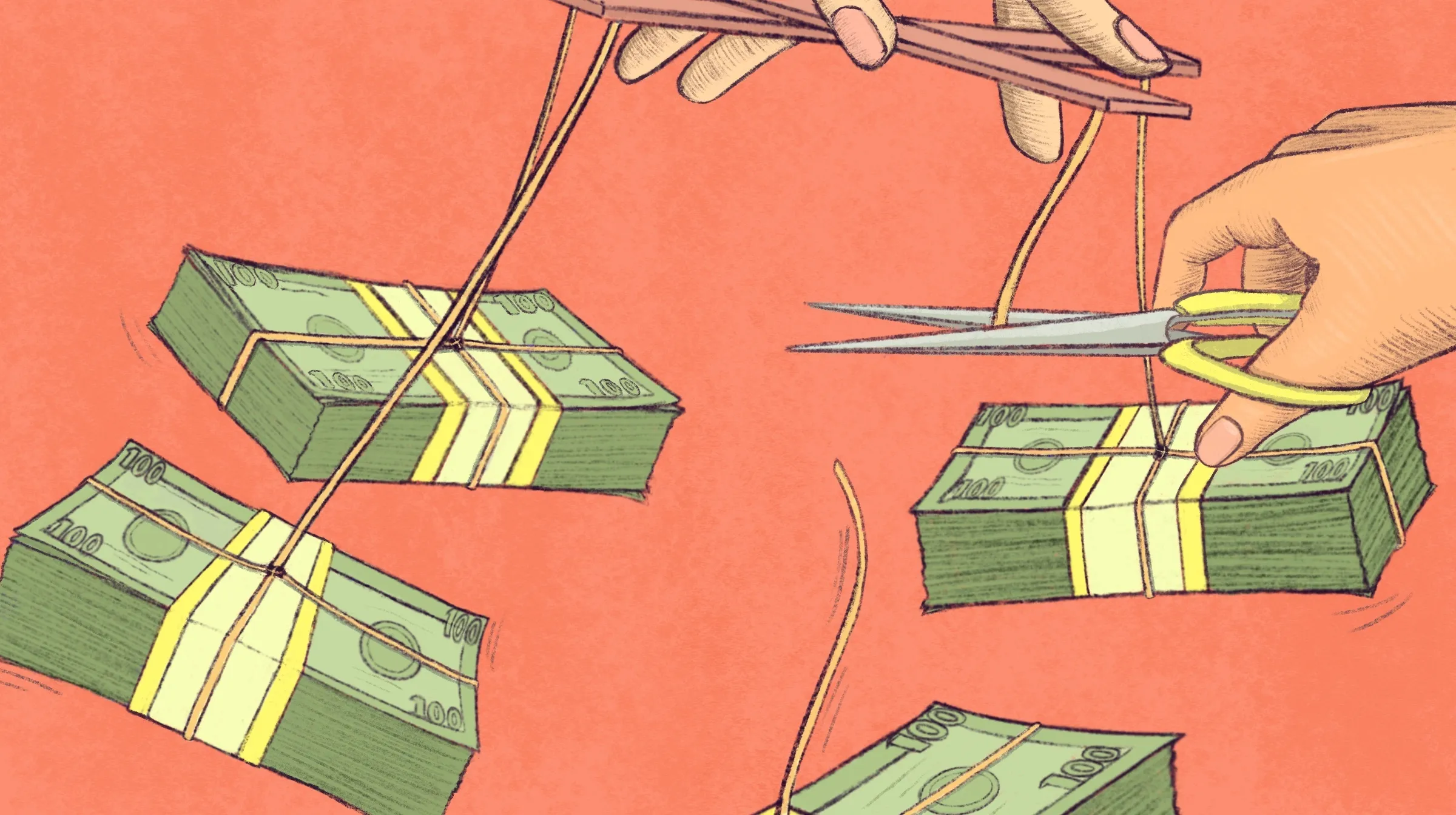


.webp)

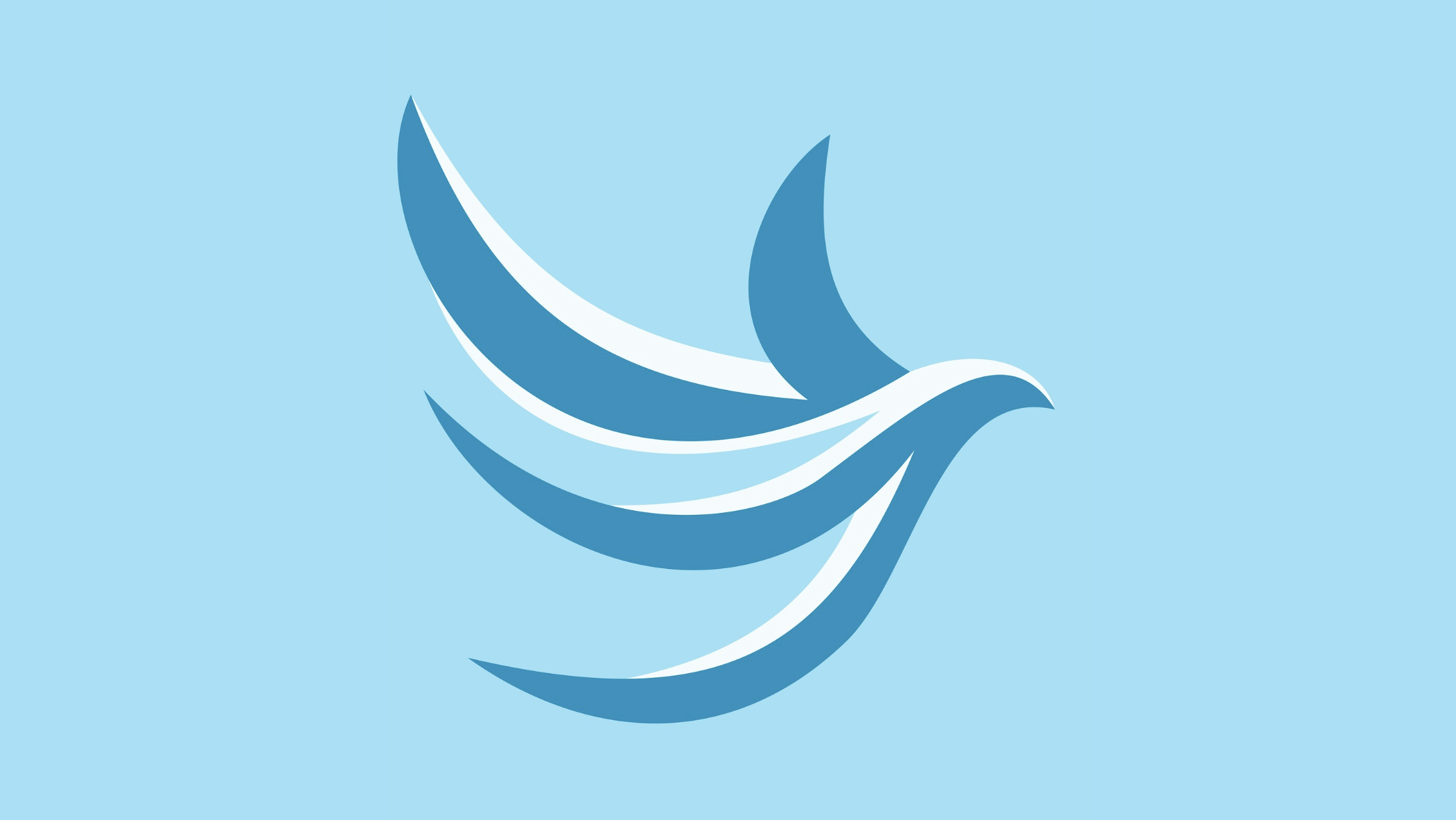

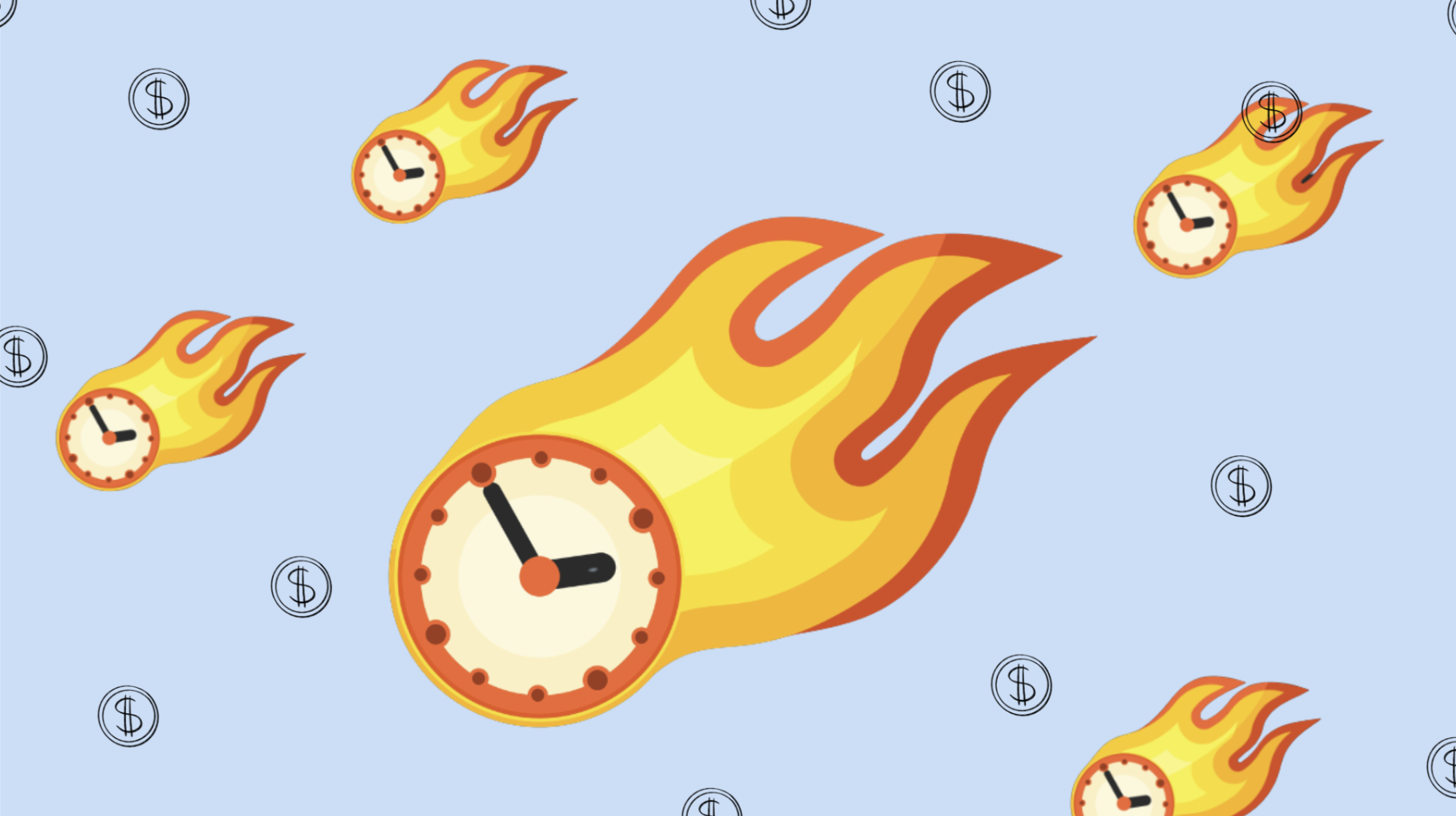
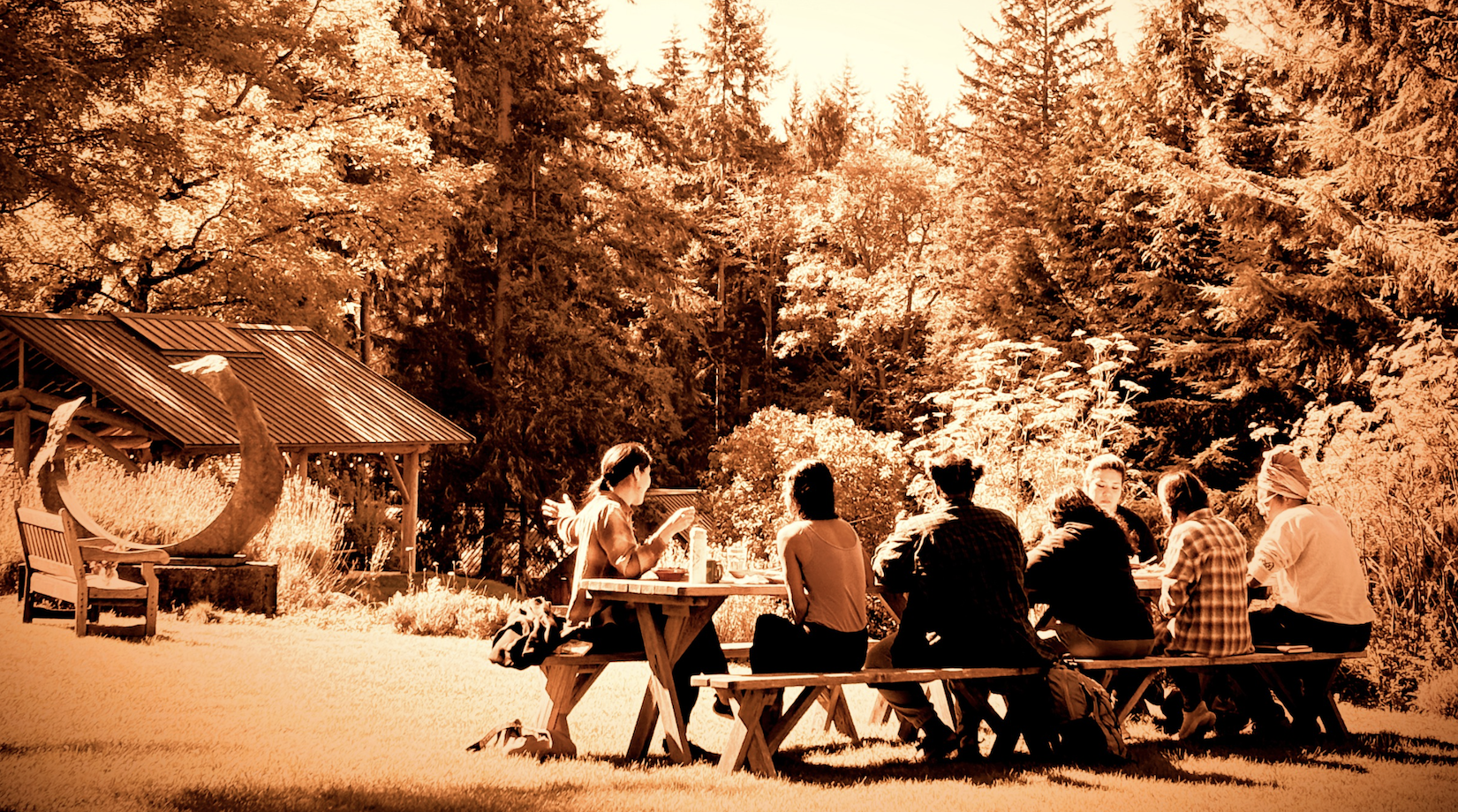
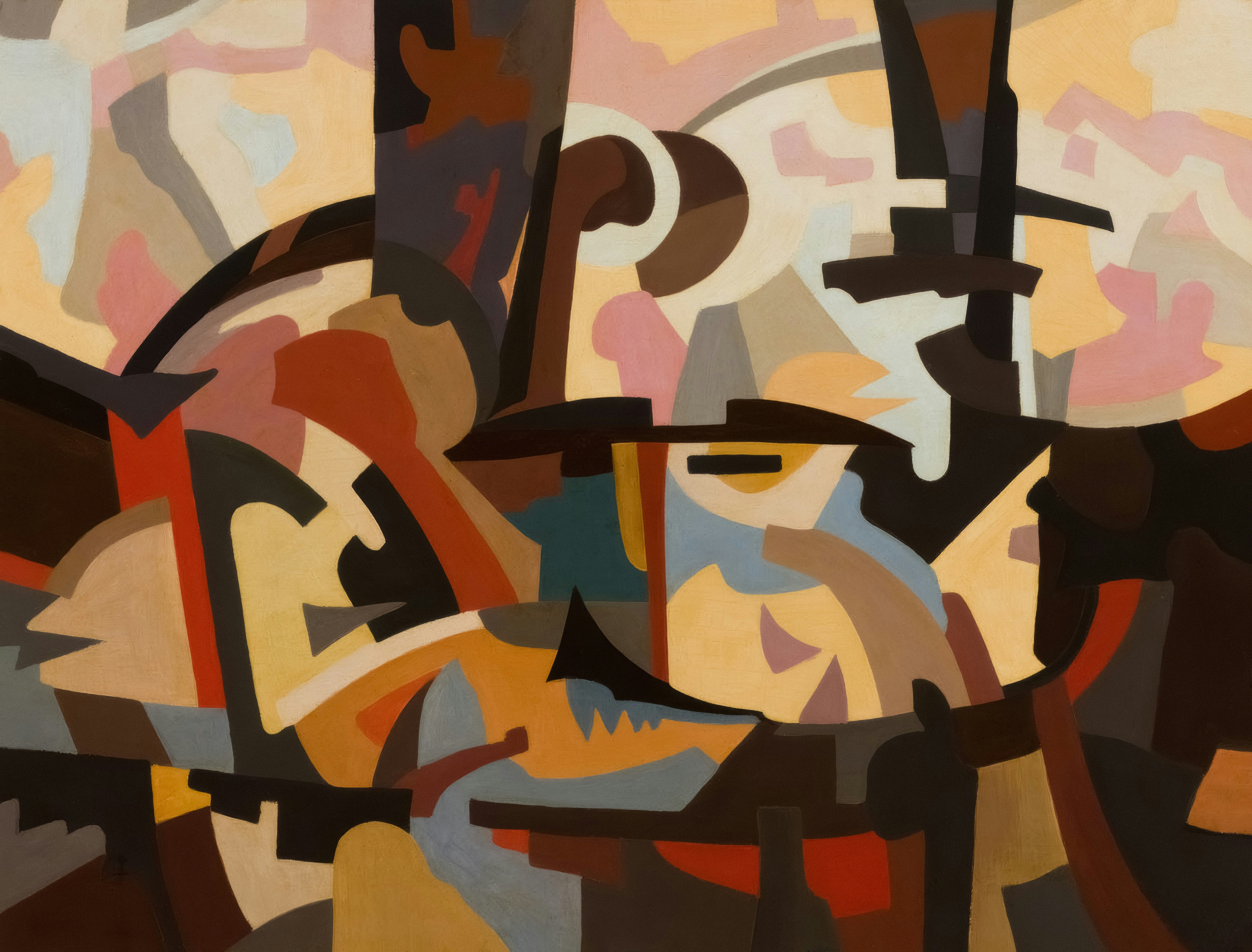
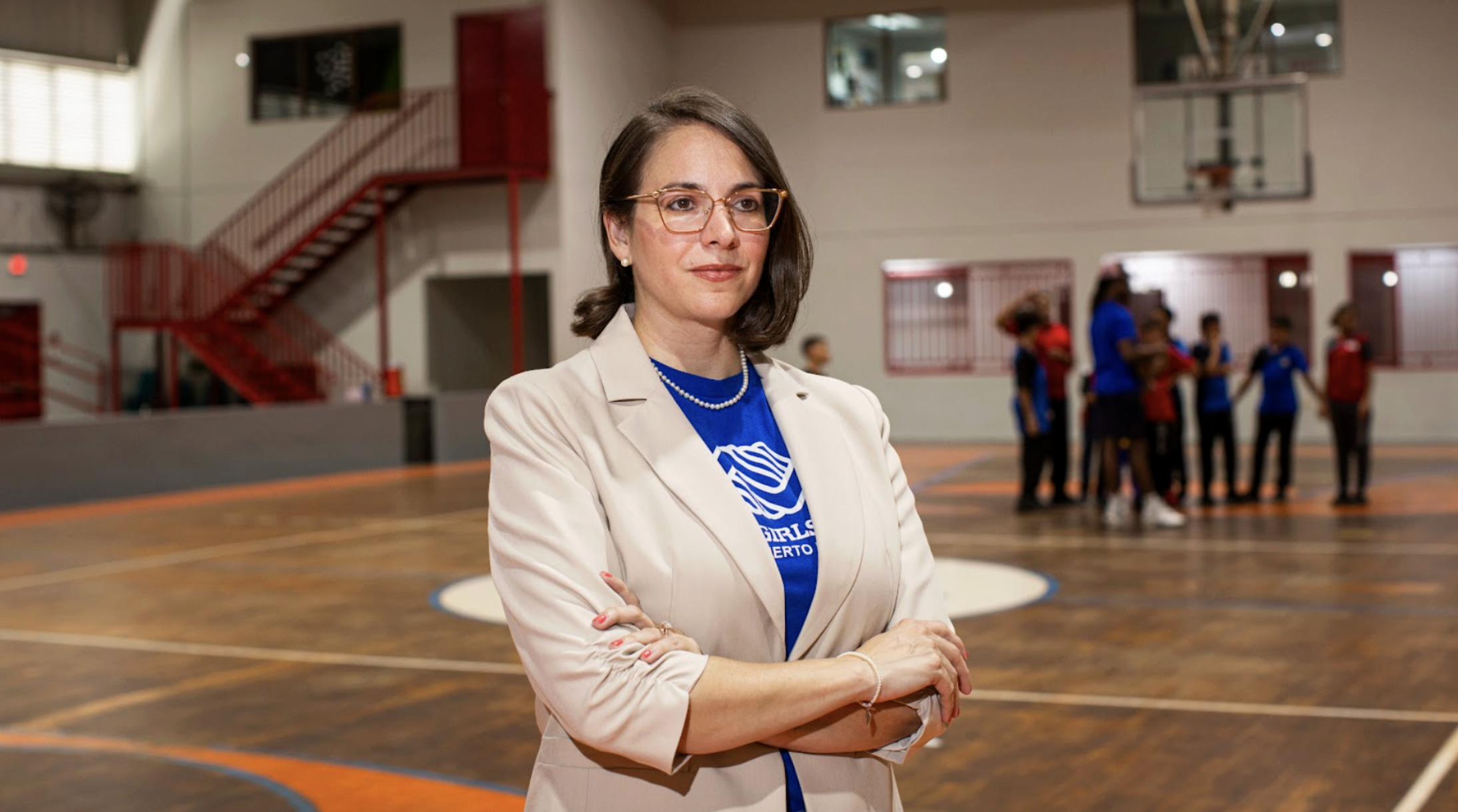
.webp)

.webp)
%20(1280%20x%20720%20px)%20(41)%202.webp)
%20(1280%20x%20720%20px)%20(38).webp)
%20(1280%20x%20720%20px)%20(31).png)


%20(1280%20x%20720%20px).webp)










.webp)






.webp)
.gif)

.webp)


.gif)





